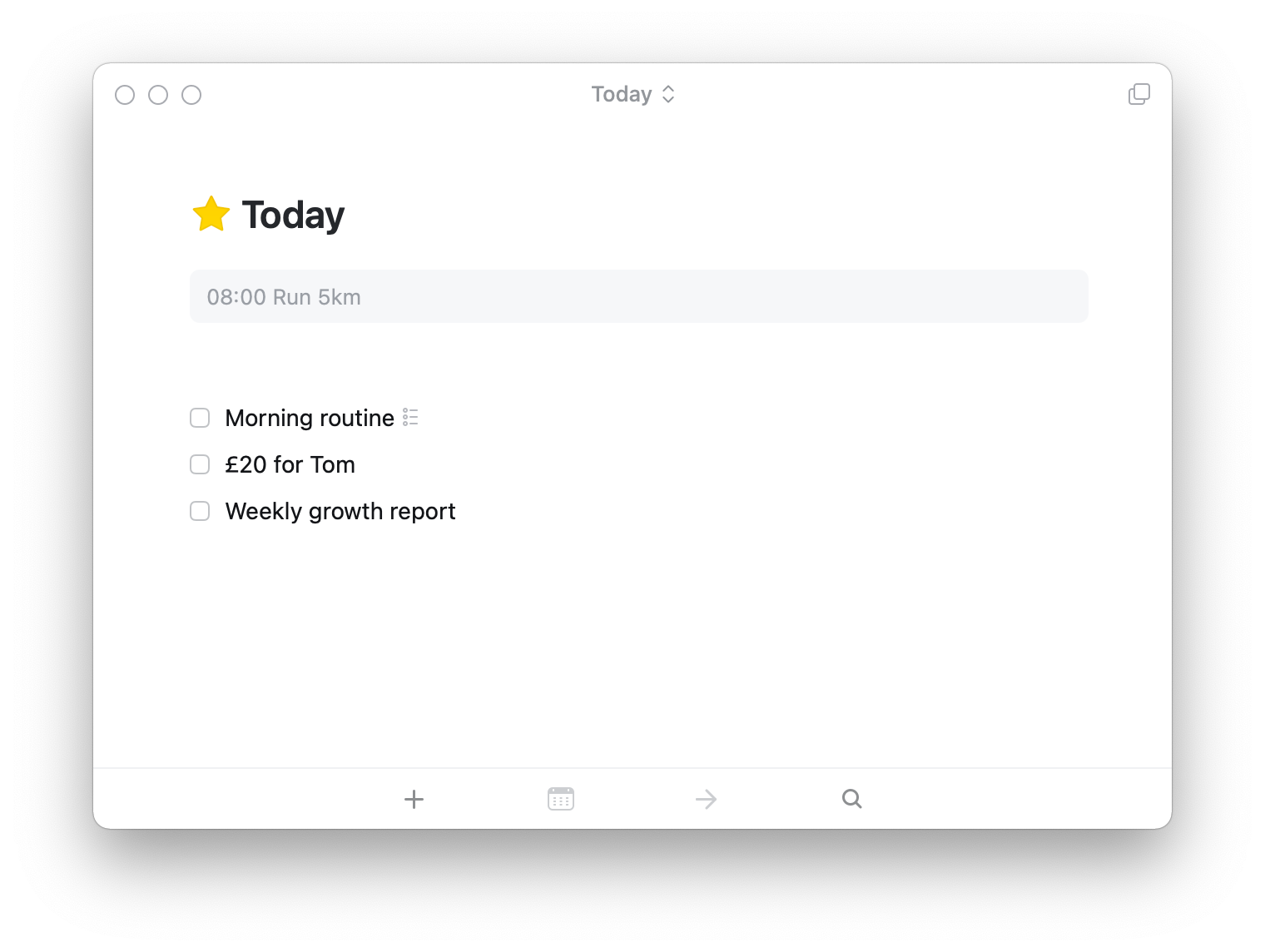"You don't get a second chance to make a first impression."
If you work at a gym, you know where the changing rooms are.
If you’re joining a gym for the first time, and you’re heading in for your first session, everything is alien.
You don’t know where the changing rooms are, and if the signs don’t point you in the right direction, you’re lost.
When I signed up for a gym session recently, I felt totally lost and a little foolish, wandering around trying to find somewhere to get changed into my kit. I almost left out of sheer embarrassment before I plucked up the courage to return to the reception desk and ask.
Whether you build software, build physical products, own a restaurant, or run a gym, nothing beats using your service as a first-time user to find out how you can improve it.
It’s always great to get feedback from customers but sometimes they don’t tell you everything. Sometimes they may not even care as much as you do about the experience.
It’s easy to even get frustrated that customers don’t “get” the thing you’ve built. You’re so proud of certain elements you can easily get blinded from the areas you’ve overlooked.
A while ago, I gave a talk on user onboarding, and one of the recommendations was to sign up for your own product every week. I even paused to encourage the audience to put a recurring event in their calendars!
Several years on, I feel that suggestion is as relevant as ever, and it’s advice that’s easy for me to give and seemingly hard to follow.
When did you last sign up for your own product?

